Home>Storage Ideas>Kitchen Storage>Is It Cheaper To Cook With An Air Fryer? Experts Explain
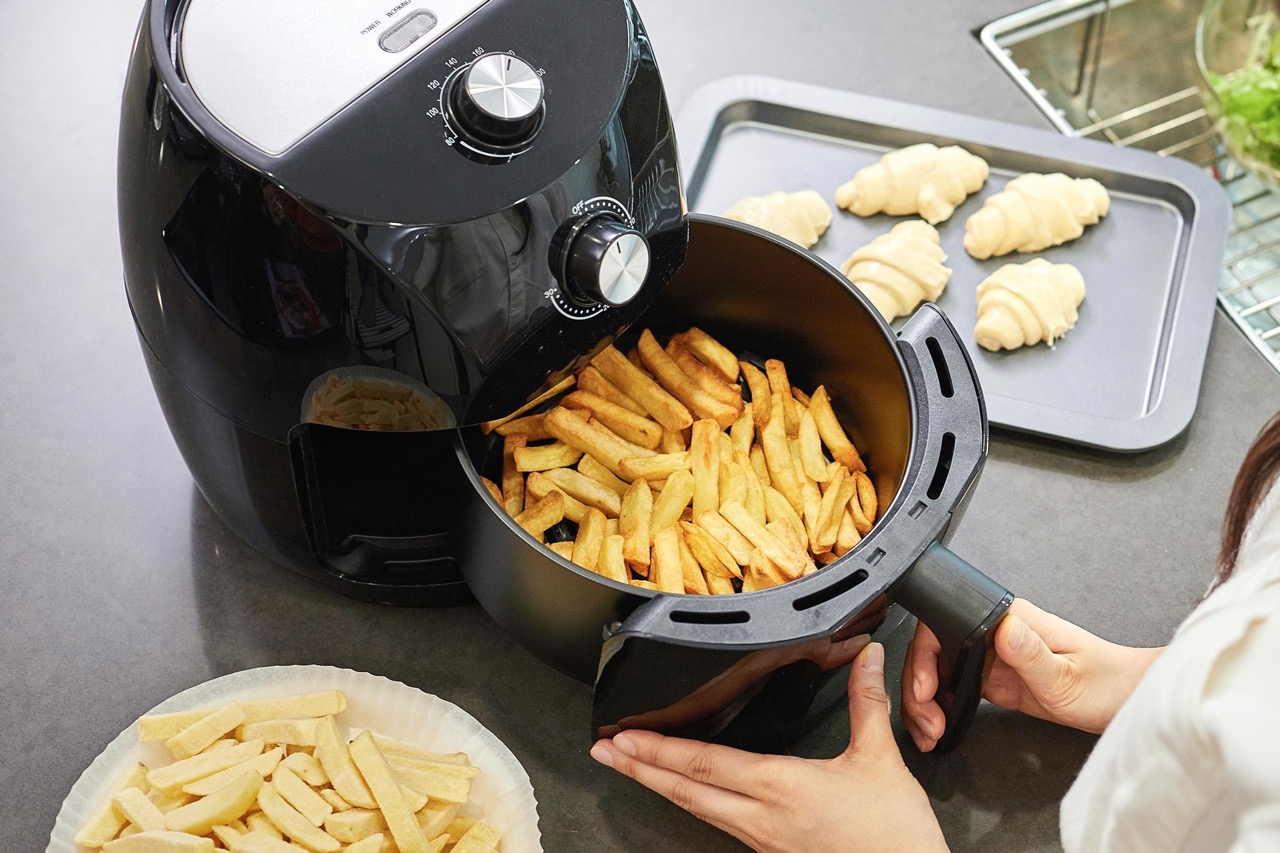

Kitchen Storage
Is It Cheaper To Cook With An Air Fryer? Experts Explain
Modified: October 31, 2024
Discover if it's more cost-effective to use an air fryer for cooking with insights from kitchen storage experts. Find budget-friendly kitchen storage ideas.
(Many of the links in this article redirect to a specific reviewed product. Your purchase of these products through affiliate links helps to generate commission for Storables.com, at no extra cost. Learn more)
Introduction
In recent years, air fryers have gained popularity as a healthier alternative to traditional deep fryers. These innovative kitchen appliances promise crispy and delicious fried food with significantly less oil. However, one common question that arises when considering whether to invest in an air fryer is whether it is cheaper to cook with one compared to other cooking methods.
In this article, we will explore the cost implications of using an air fryer compared to traditional cooking methods. We will delve into various factors such as energy consumption, initial costs, operating costs, and cooking times to determine if cooking with an air fryer is indeed more cost-effective. So, let’s dive in and discover if an air fryer can not only fulfill your culinary desires but also be budget-friendly.
Key Takeaways:
- Air fryers offer cost savings through reduced energy consumption, lower oil usage, and shorter cooking times, making them a budget-friendly and efficient cooking option for healthier and delicious meals.
- Consider an air fryer for versatile cooking, health benefits, and long-term cost savings, despite a slightly higher initial investment. It’s a valuable addition to any kitchen for budget-conscious and health-conscious individuals.
How do air fryers work?
To understand the cost implications of using an air fryer, it’s important to first grasp how these appliances work. Air fryers utilize a convection cooking mechanism combined with the Maillard reaction, which is responsible for achieving that desired crispy texture on food.
Unlike deep fryers that require large amounts of oil to immerse the food, air fryers rely on hot air circulation to cook the food. They employ a heating element and a powerful fan to circulate hot air inside the cooking chamber. The rapid circulation of hot air quickly heats up the food and creates a golden-brown, crispy exterior.
By using convection cooking, air fryers can evenly distribute heat around the food, ensuring thorough and consistent cooking. This eliminates the need for turning or flipping the food, making the cooking process more convenient.
Additionally, air fryers often come with a non-stick cooking basket or tray that allows excess grease and fat to drip away from the food, resulting in healthier meals. With this basic understanding of how air fryers function, let’s delve into the cost comparisons to determine if they offer a more budget-friendly cooking option.
Comparing energy consumption
Energy consumption is an important factor to consider when evaluating the cost-effectiveness of cooking with an air fryer. How much energy does an air fryer use compared to other cooking methods?
Let’s start by comparing air fryers to traditional ovens. Air fryers generally require less energy to operate than conventional ovens. Since air fryers are smaller and heat food more quickly, they tend to use less energy overall. The hot air circulation in air fryers means there is no need to preheat the appliance for an extended period, further reducing energy consumption.
When comparing air fryers with deep fryers, the energy usage can vary. Deep fryers require a significant amount of oil to heat up and maintain the desired frying temperature, which consumes more energy. On the other hand, air fryers use less oil or sometimes no oil at all, resulting in lower overall energy consumption.
It’s worth noting that the specific energy usage will depend on the make and model of the air fryer, as well as the cooking time and temperature settings used for each recipe. However, in general, air fryers are considered to be more energy-efficient than other cooking methods.
Overall, when it comes to energy consumption, air fryers have the advantage of being more energy-efficient compared to traditional ovens and deep fryers. This can potentially translate into lower electricity bills and contribute to long-term cost savings.
Comparing initial costs
When considering the cost-effectiveness of cooking with an air fryer, it’s essential to analyze the initial investment required. How do the initial costs of air fryers compare to other cooking appliances?
Air fryers come in various sizes and models, offering a range of features and price points. The cost of an air fryer can vary significantly depending on the brand, capacity, and additional functions it offers. On average, air fryers can cost anywhere from $50 to $200.
Comparing this to traditional ovens, which can cost several hundred dollars, air fryers are generally more affordable. Traditional ovens often require additional installation costs, such as electrical or gas connections, which can further increase the initial investment.
In contrast to deep fryers, air fryers tend to be more expensive upfront. However, the long-term cost analysis needs to take into account the ongoing expense of oil needed for deep frying, as well as the potential for health costs associated with consuming excess fried food. With air fryers, there is no requirement for large amounts of oil, which can result in cost savings over time.
It’s important to consider the specific needs and budget constraints when comparing the initial costs of air fryers to other cooking appliances. While air fryers may require a higher upfront investment compared to some alternatives, the potential long-term savings and health benefits can outweigh the initial cost difference.
Furthermore, it’s worth noting that air fryers are versatile appliances that can perform various cooking functions, such as baking, grilling, and roasting. This versatility can make them a valuable addition to your kitchen, providing more value for your initial investment.
In summary, while air fryers may have a higher initial cost compared to some cooking appliances, their long-term cost savings and versatility make them a worthwhile investment.
When using an air fryer, try to use it for smaller portion sizes or for foods that typically require deep frying. This can help save on cooking oil and reduce overall cooking costs.
Comparing operating costs
When assessing the cost-effectiveness of cooking with an air fryer, it’s essential to consider the ongoing operating costs involved. How do the operating costs of air fryers compare to other cooking methods?
One of the main advantages of air fryers is that they require significantly less oil compared to deep fryers. This reduction in oil consumption can lead to cost savings over time. While deep fryers necessitate a considerable amount of oil for every cooking session, air fryers typically require only a small amount or sometimes no oil at all. The saved cost of oil can add up over numerous cooking sessions, making air fryers more economically viable in the long run.
In terms of electricity consumption, air fryers tend to be more energy-efficient than traditional ovens and deep fryers. As mentioned earlier, this is due to the smaller size of air fryers, faster cooking times, and the absence of a need to preheat for an extended period. While the exact energy usage will depend on the specific model and cooking settings, overall, air fryers consume less energy, resulting in potential savings on electricity bills.
It’s important to note that the type of food being cooked and the cooking time can also influence the operating costs of air fryers. Some foods may require longer cooking times or higher temperatures, which could slightly increase the energy consumption. However, compared to other cooking methods, air fryers generally offer more efficient energy usage.
Additionally, the maintenance costs of air fryers are typically minimal. Some air fryers come with removable, dishwasher-safe parts, which makes cleaning convenient and cost-effective. Keeping the appliance clean and well-maintained can prolong its lifespan and ensure optimal performance, minimizing the need for repairs or replacement.
Overall, when comparing operating costs, air fryers provide cost savings in terms of reduced oil consumption and energy efficiency. These factors contribute to making air fryers a more economical choice in the long-term.
Comparing cooking times
Cooking time is a significant factor to consider when evaluating the cost-effectiveness of using an air fryer. How does the cooking time of air fryers compare to other cooking methods?
Air fryers are well-known for their ability to cook food quickly. The hot air circulation and convection cooking mechanism of air fryers ensure that heat is evenly distributed, resulting in reduced cooking times. In general, air fryers can cook food faster than traditional ovens and even deep fryers.
When comparing to traditional ovens, air fryers have the advantage of not requiring preheating. Traditional ovens can take a significant amount of time to reach the desired temperature, which can prolong the overall cooking time. Air fryers, on the other hand, are ready to cook as soon as they are turned on, saving valuable time.
Compared to deep fryers, air fryers also offer faster cooking times. Deep frying involves submerging food in hot oil and waiting for it to cook through, which can take longer compared to air frying. The efficient heat distribution and rapid air circulation in air fryers ensure that food is cooked evenly and quickly.
It’s worth noting that the exact cooking time will depend on various factors, such as the type of food being cooked and its size. However, in general, air fryers can significantly reduce cooking times compared to other methods.
Reduced cooking times can be a cost-saving benefit, especially in terms of energy consumption. The shorter cooking duration means that air fryers require less electricity or gas to complete a cooking session. This can result in energy savings and potentially lower utility bills.
In summary, air fryers offer the advantage of shorter cooking times compared to traditional ovens and deep fryers. This not only saves time in the kitchen but can also contribute to overall cost savings in terms of energy consumption.
Factors to consider when deciding to cook with an air fryer
While air fryers offer numerous benefits in terms of health and convenience, it’s important to consider various factors before deciding to cook with one. Here are some key factors to keep in mind:
1. Cooking needs: Consider the types of food you commonly prepare and whether an air fryer can accommodate them. Air fryers are great for cooking items like fries, chicken wings, and vegetables, but may not be suitable for larger dishes or those that require deep frying.
2. Capacity: Air fryers come in different sizes, so consider the capacity that best fits your cooking requirements. If you have a large family or frequently entertain guests, opting for a larger air fryer may be more practical.
3. Versatility: Evaluate the versatility of the air fryer you’re considering. Some models come with additional features such as baking, grilling, or toasting capabilities. This can expand the range of dishes you can prepare, making the appliance more versatile and cost-effective.
4. Kitchen space: Take into account the available space in your kitchen. Air fryers come in varying sizes, so make sure you have adequate counter space or storage for the appliance when it’s not in use.
5. Initial investment: Consider your budget and the initial cost of purchasing an air fryer. Determine how much you are willing to invest in a kitchen appliance and whether the long-term cost savings and benefits of an air fryer align with your financial goals.
6. Health considerations: Air fryers offer a healthier cooking alternative by using less oil or no oil at all. If you prioritize health-conscious cooking, an air fryer may be an excellent addition to your kitchen. However, it’s important to note that the nutritional value of the food can still depend on the ingredients used and the cooking methods employed.
7. Personal preference: Ultimately, personal preference plays a significant role in deciding whether to cook with an air fryer. Consider your cooking style, preferences, and the convenience an air fryer can provide. If the features and benefits align with your preferences, it may be a worthwhile investment.
By considering these factors, you can make an informed decision about whether cooking with an air fryer is the right choice for you. While air fryers have many advantages, it’s important to assess your specific needs and preferences before making a final decision.
Conclusion
After evaluating the various factors, it is clear that cooking with an air fryer can offer several advantages in terms of cost-effectiveness. The combination of reduced energy consumption, lower oil usage, shorter cooking times, and overall versatility make air fryers a worthwhile investment for many individuals and families.
While air fryers may have a slightly higher initial cost compared to some cooking appliances, the potential long-term savings in terms of energy bills and oil consumption can offset this difference. Additionally, the convenience and health benefits offered by air fryers add to their value.
It’s important to note that personal preferences, cooking needs, and budget constraints can influence the decision to cook with an air fryer. For those looking for a healthier and more efficient cooking method, air fryers provide a viable option.
In conclusion, the cost-effectiveness of cooking with an air fryer lies in its ability to save energy, reduce oil usage, offer shorter cooking times, and provide versatile cooking options. By considering these factors and assessing individual needs, an air fryer can be a valuable addition to any kitchen.
So, if you’re looking to enjoy delicious and crispy fried foods while being mindful of your budget and health, consider investing in an air fryer. It’s an investment that can offer both culinary delights and financial benefits in the long run.
Frequently Asked Questions about Is It Cheaper To Cook With An Air Fryer? Experts Explain
Was this page helpful?
At Storables.com, we guarantee accurate and reliable information. Our content, validated by Expert Board Contributors, is crafted following stringent Editorial Policies. We're committed to providing you with well-researched, expert-backed insights for all your informational needs.
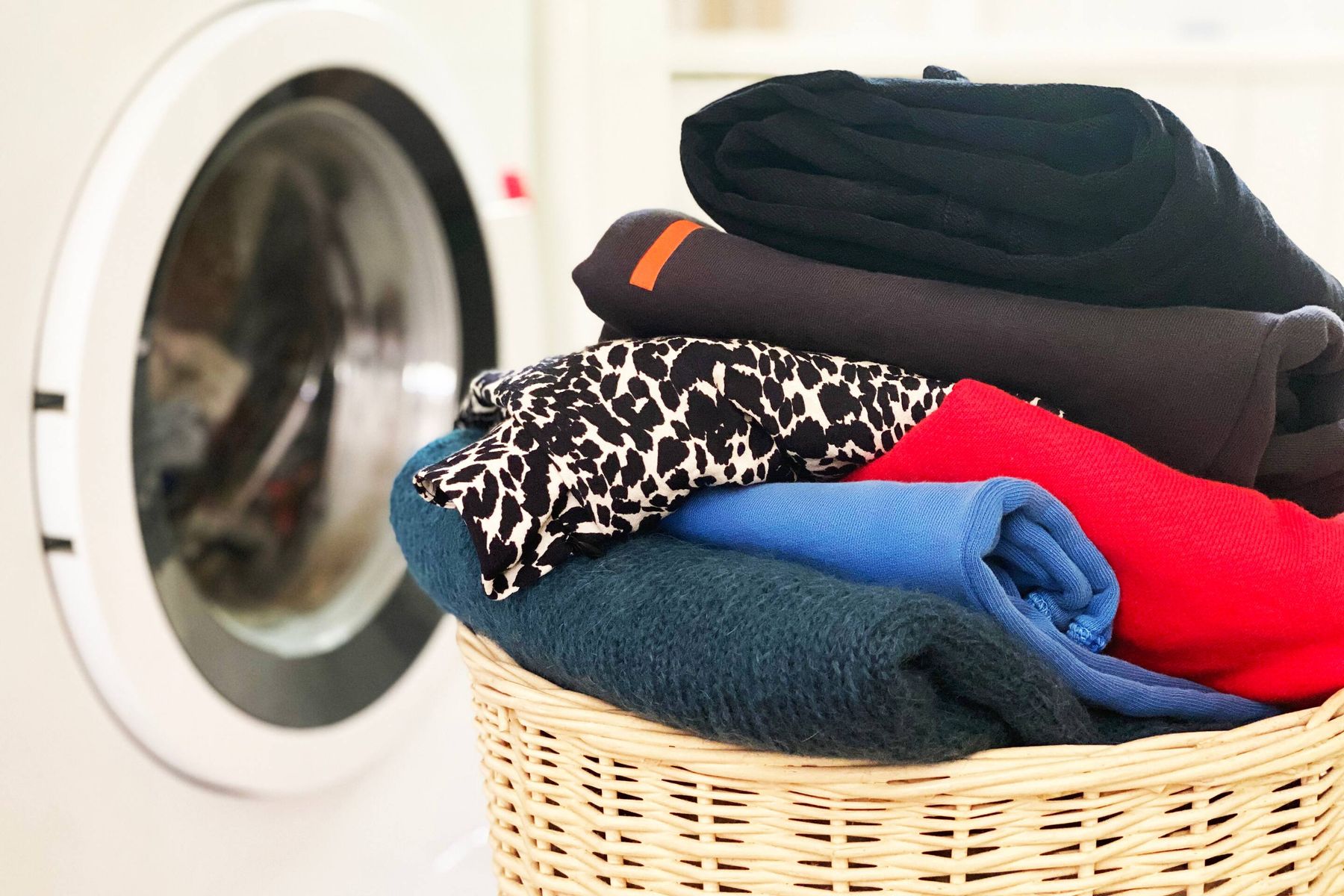

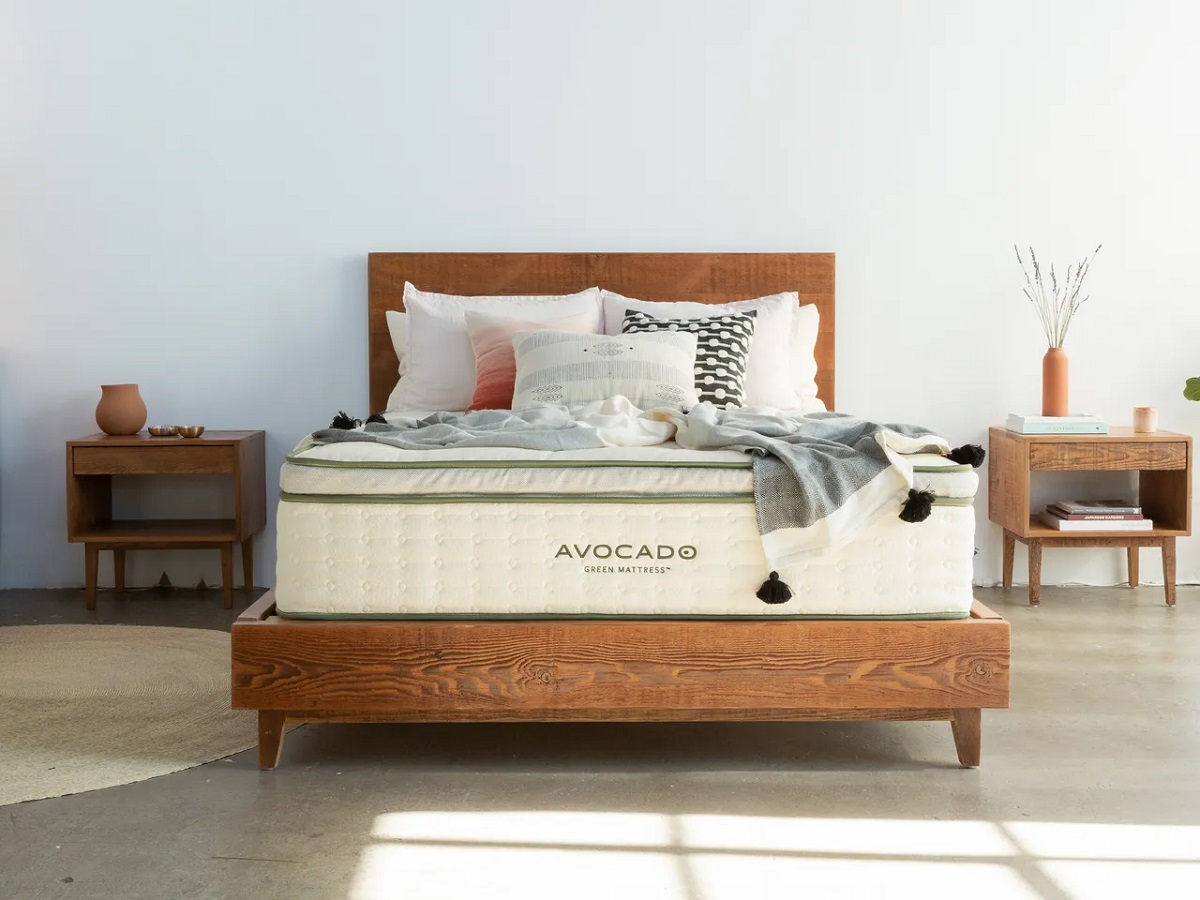
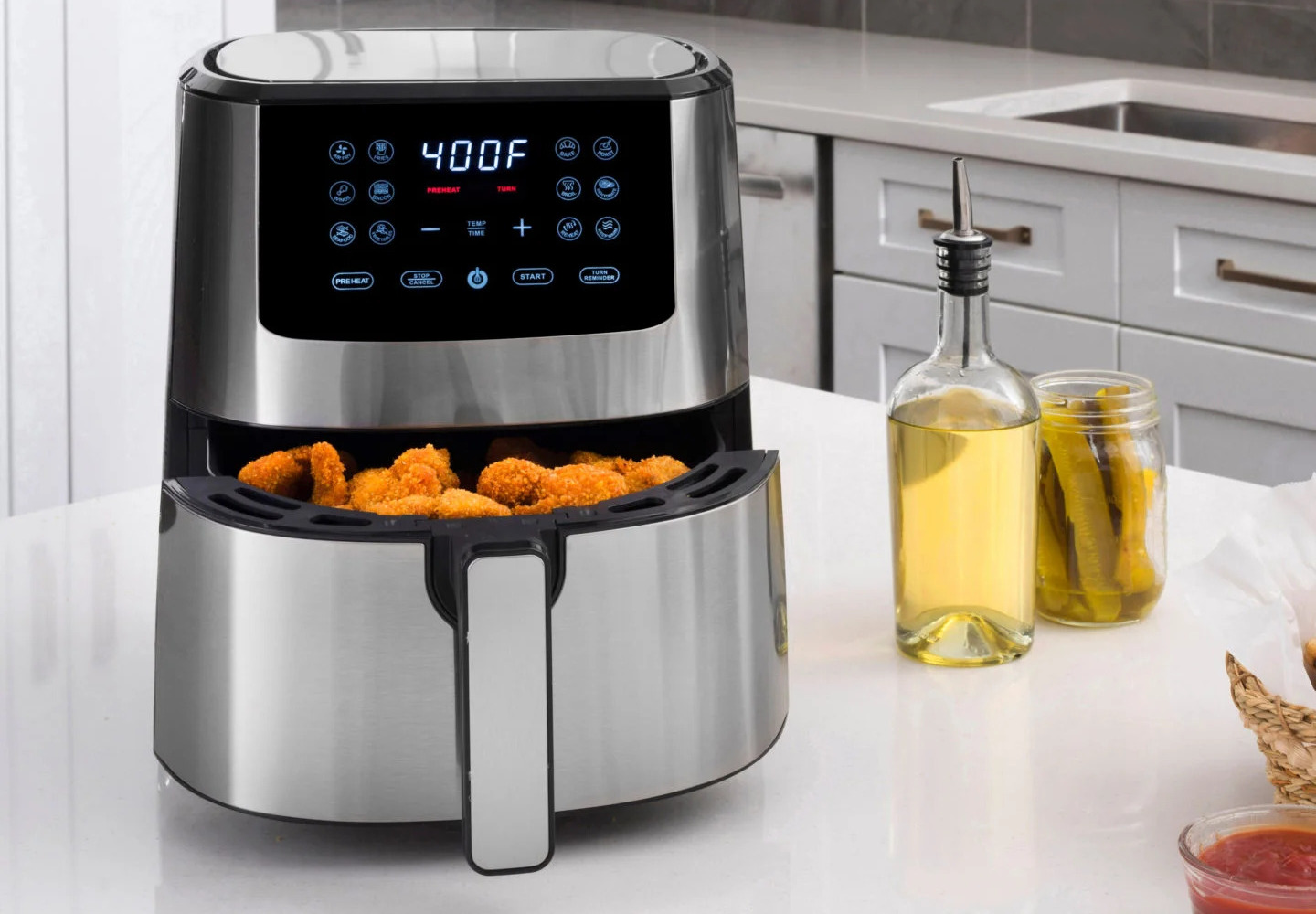
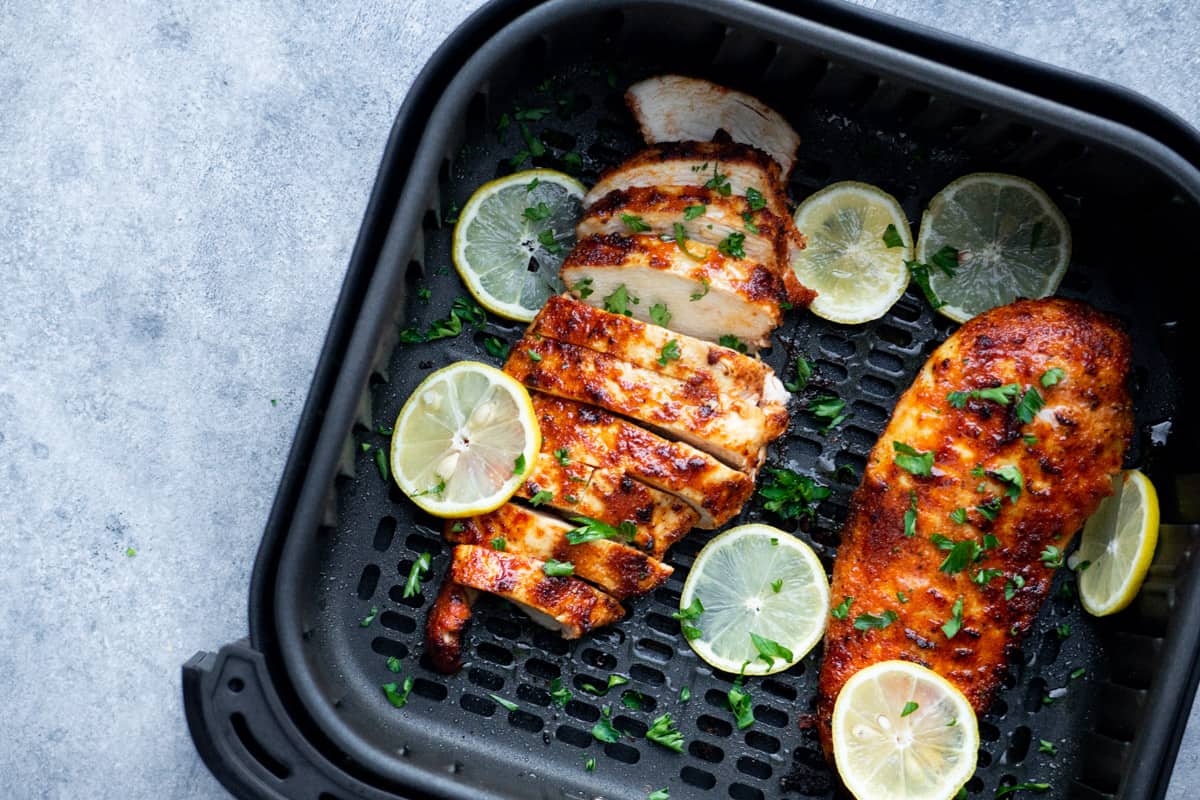
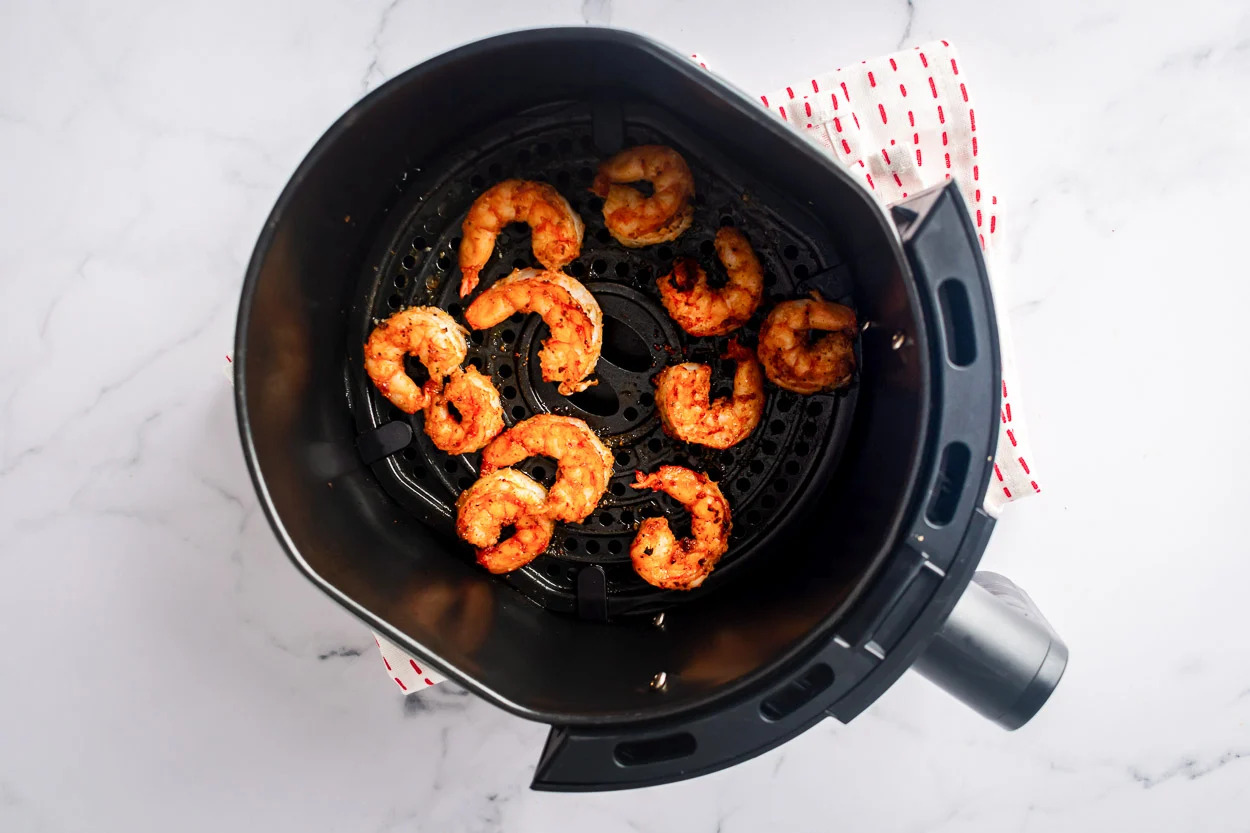
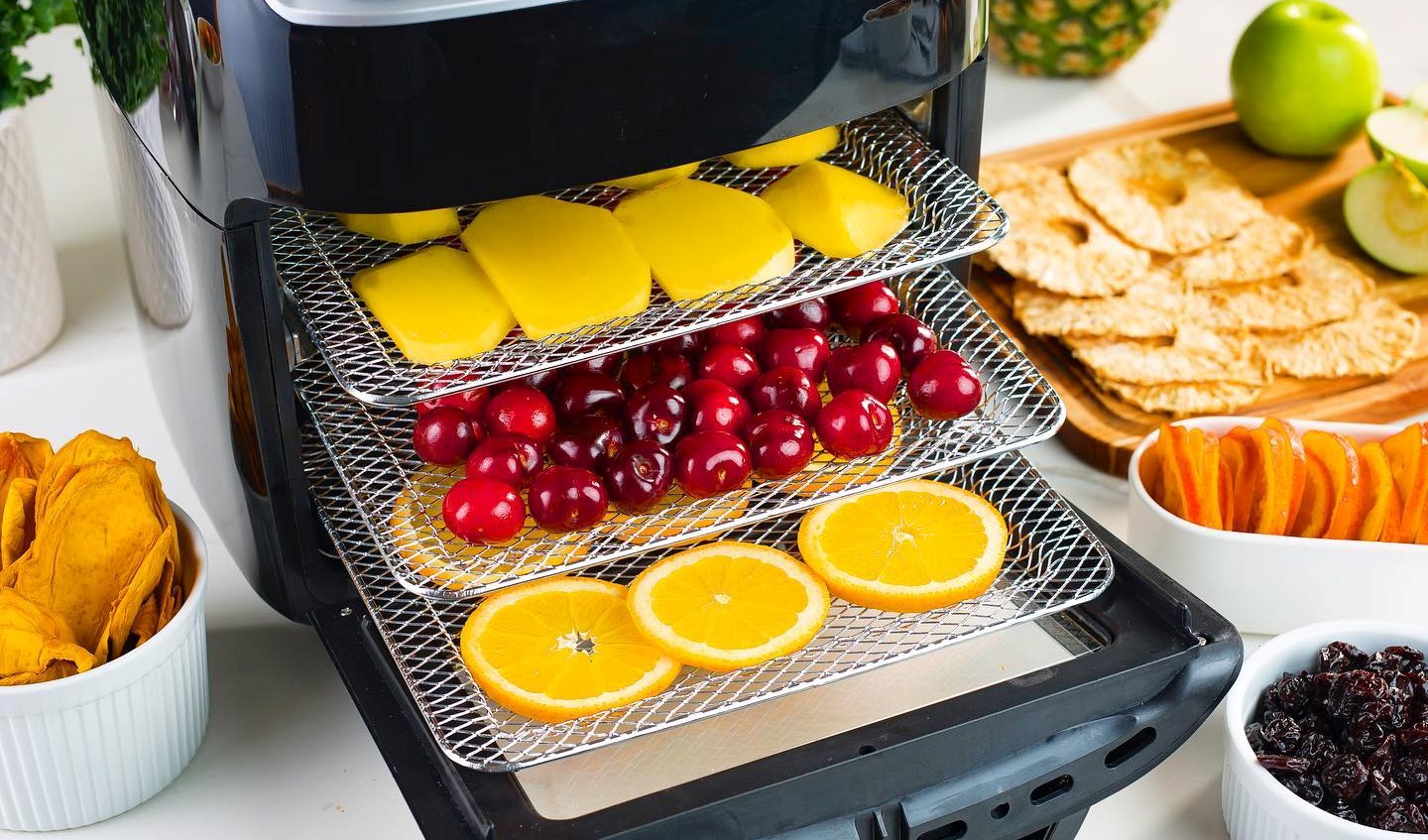
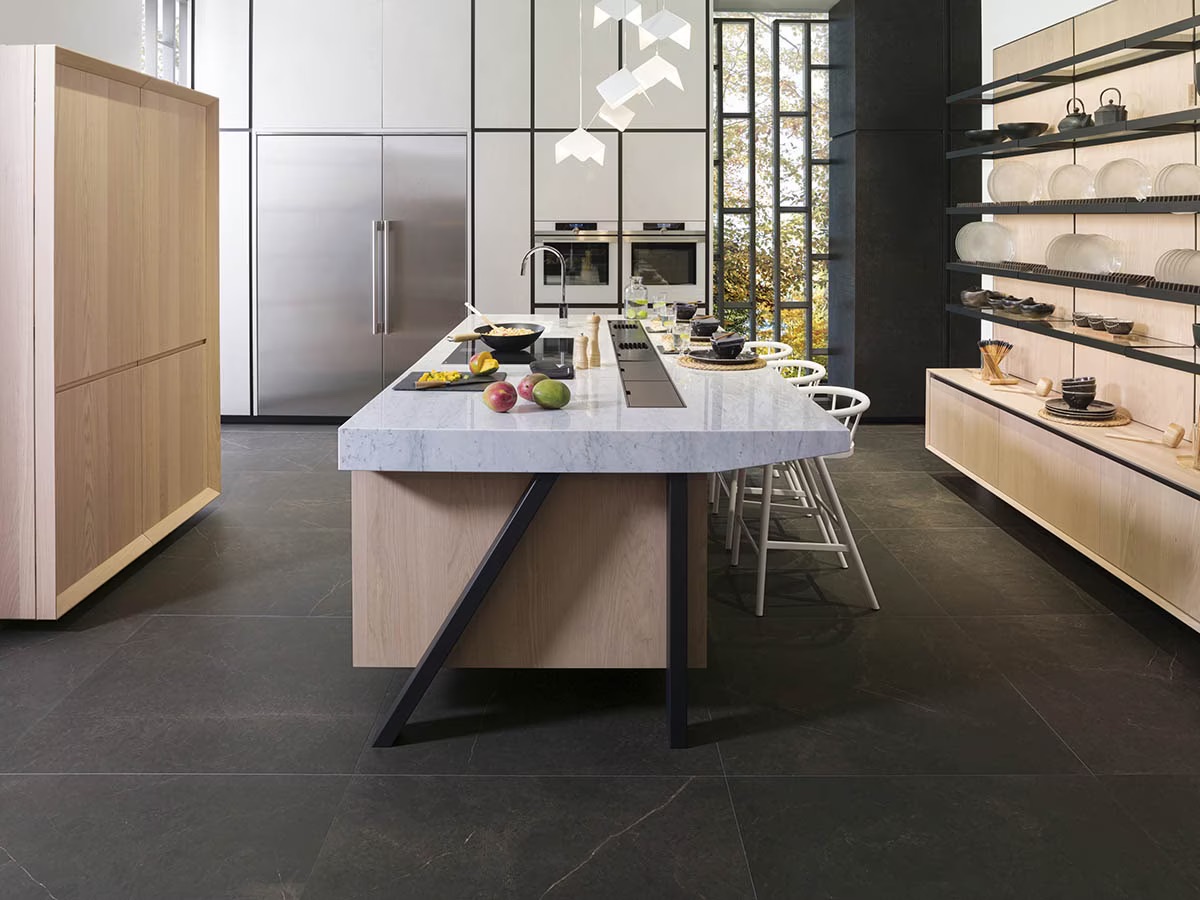
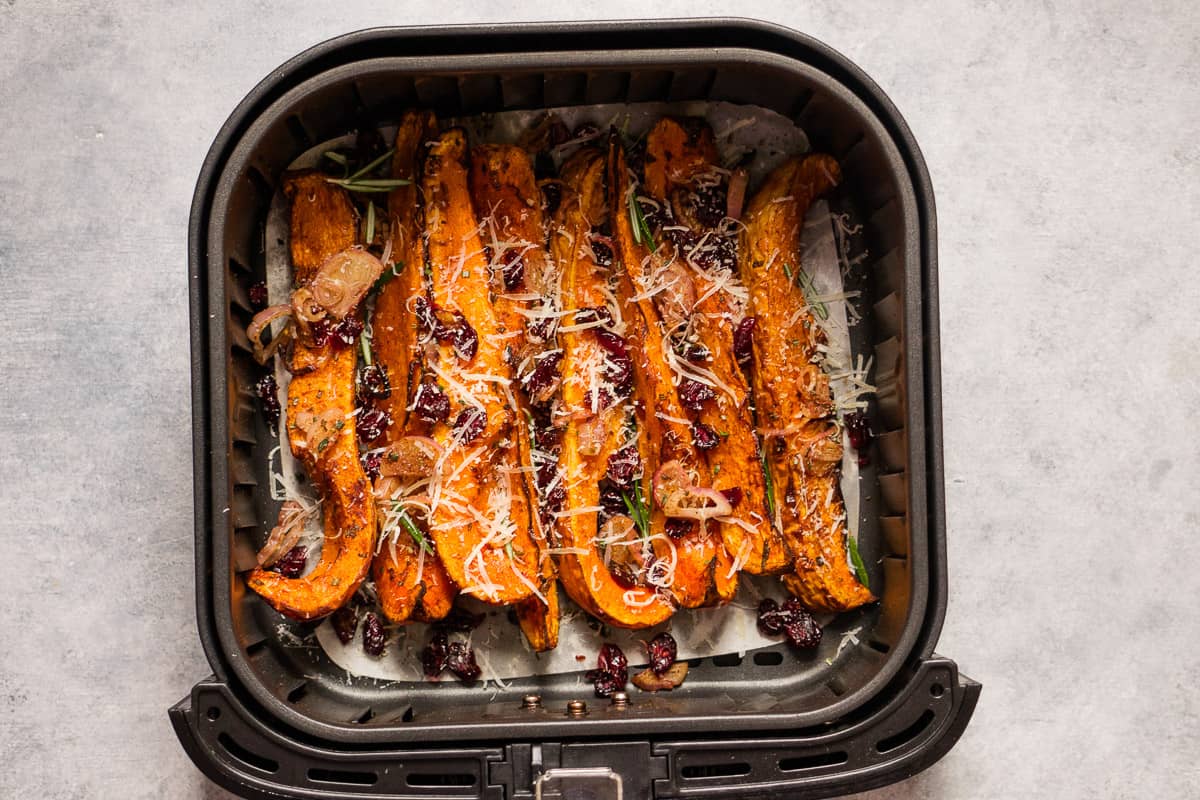
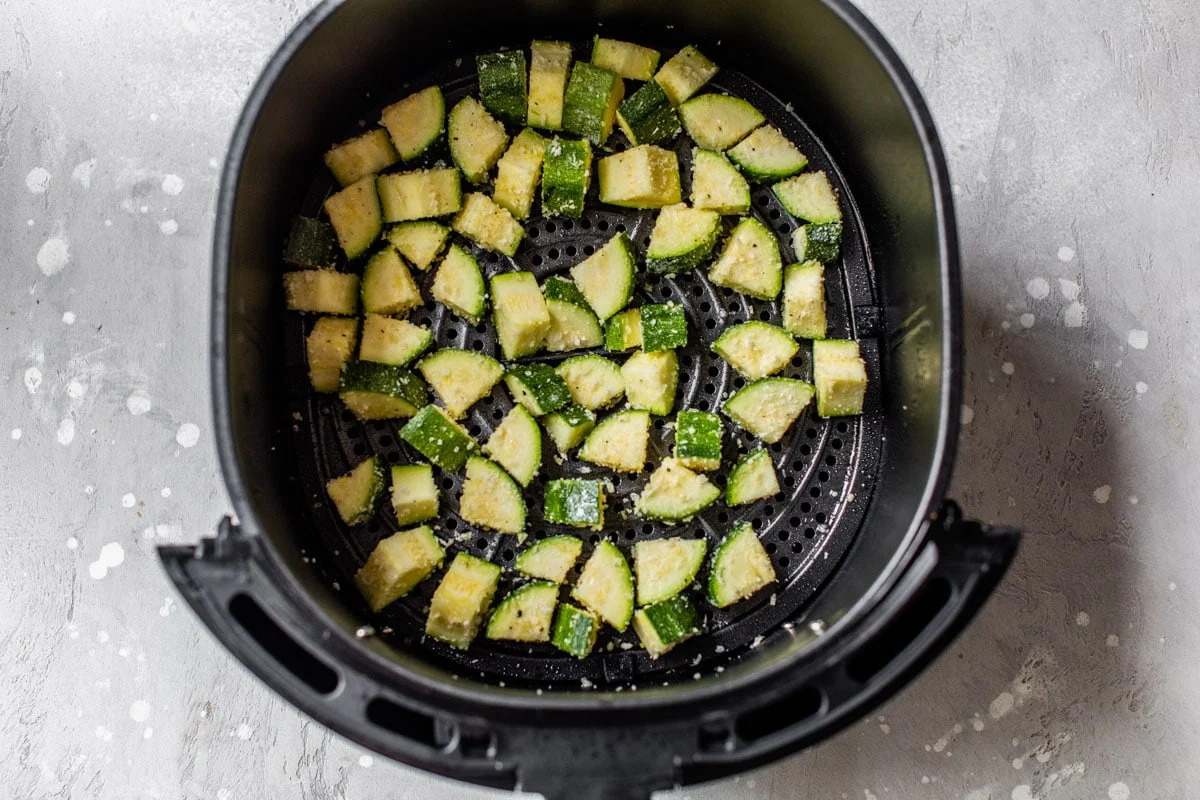
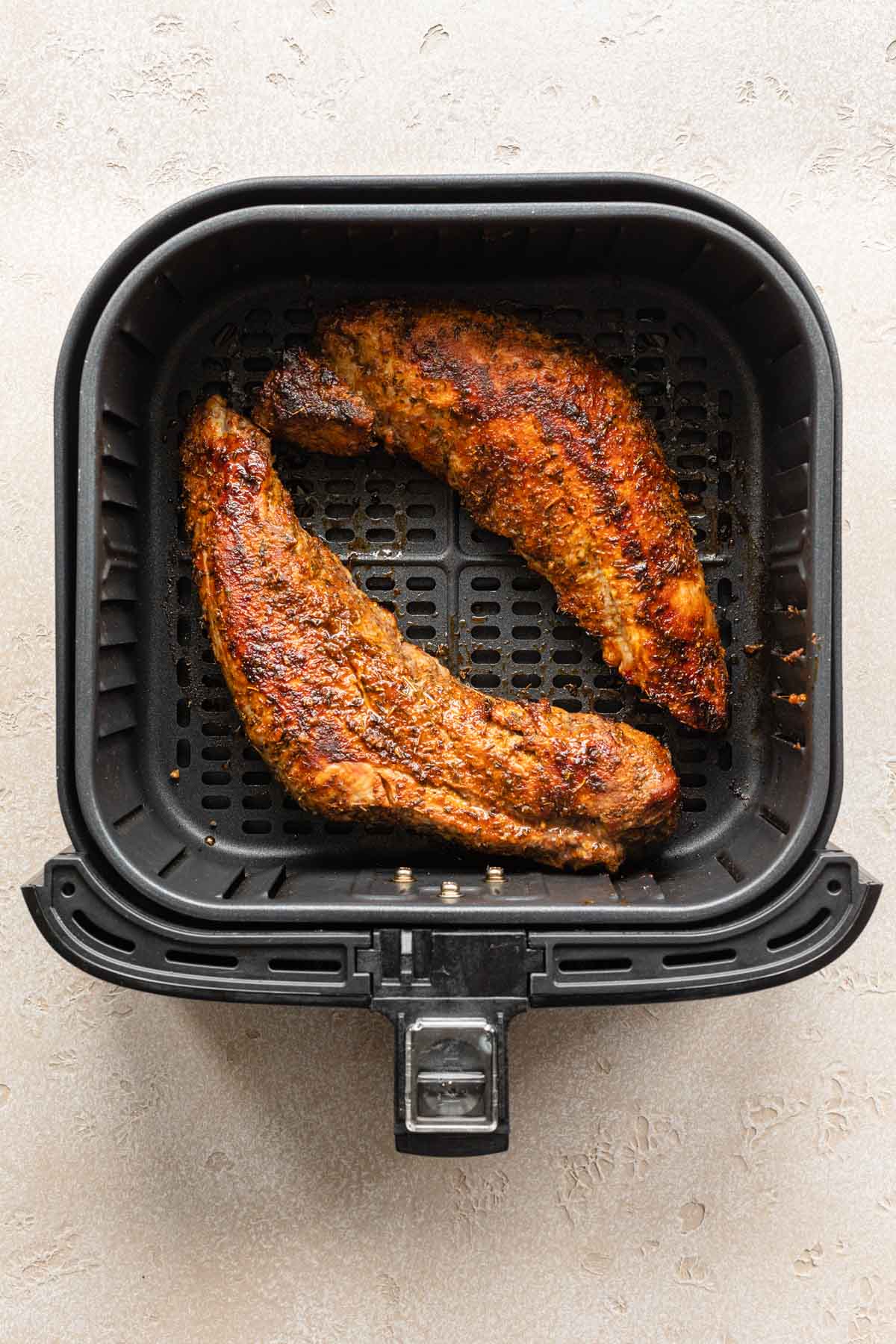
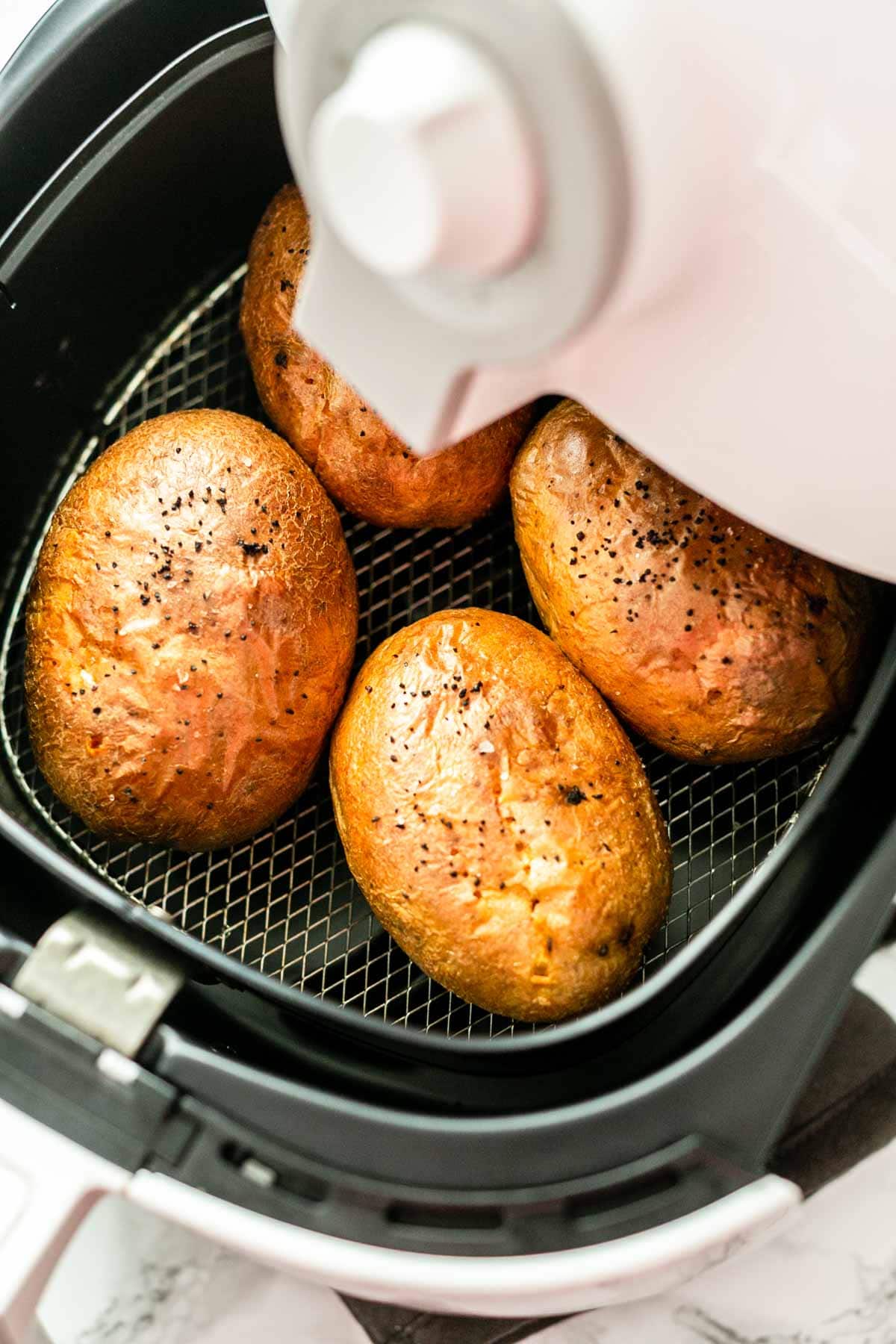
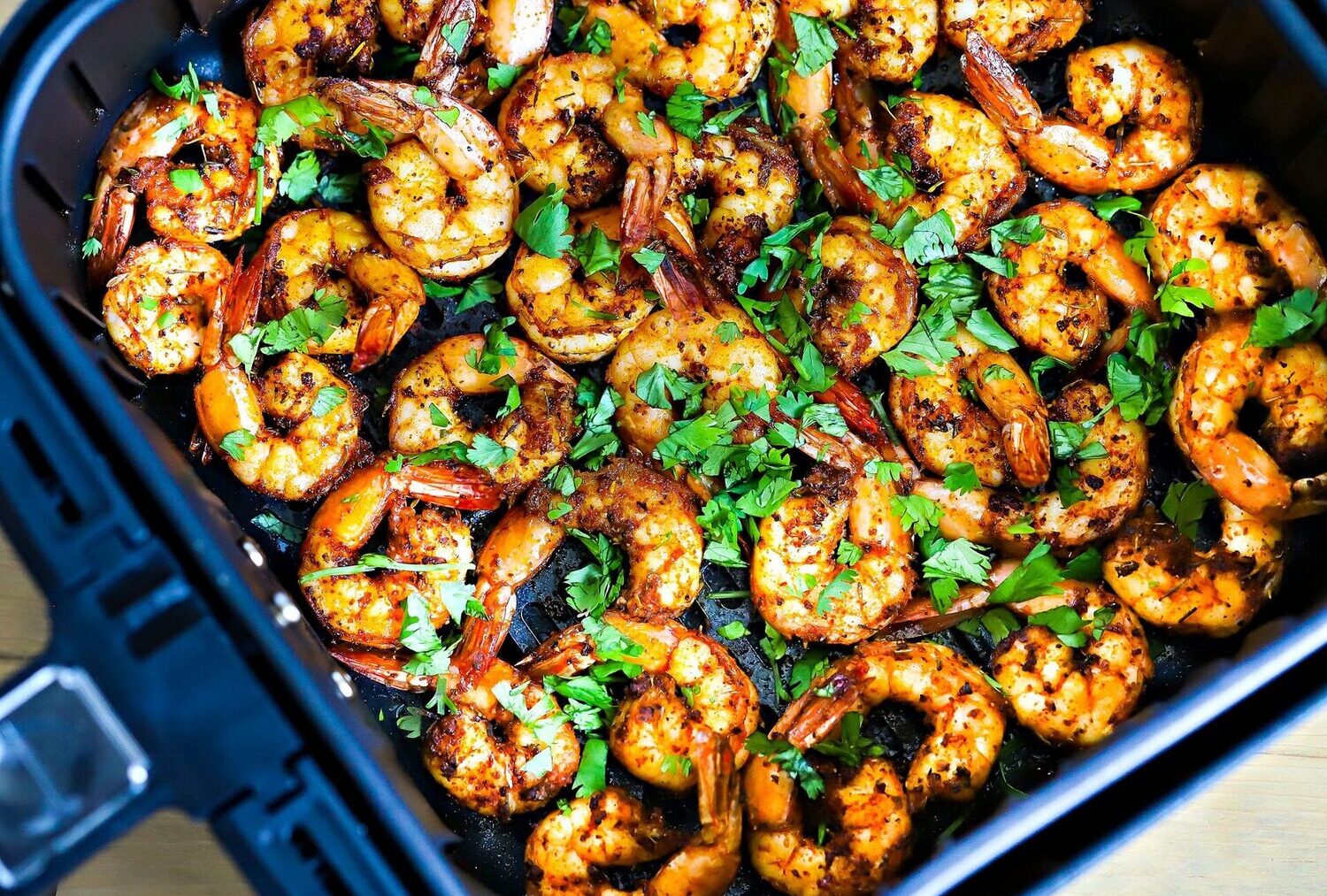


0 thoughts on “Is It Cheaper To Cook With An Air Fryer? Experts Explain”